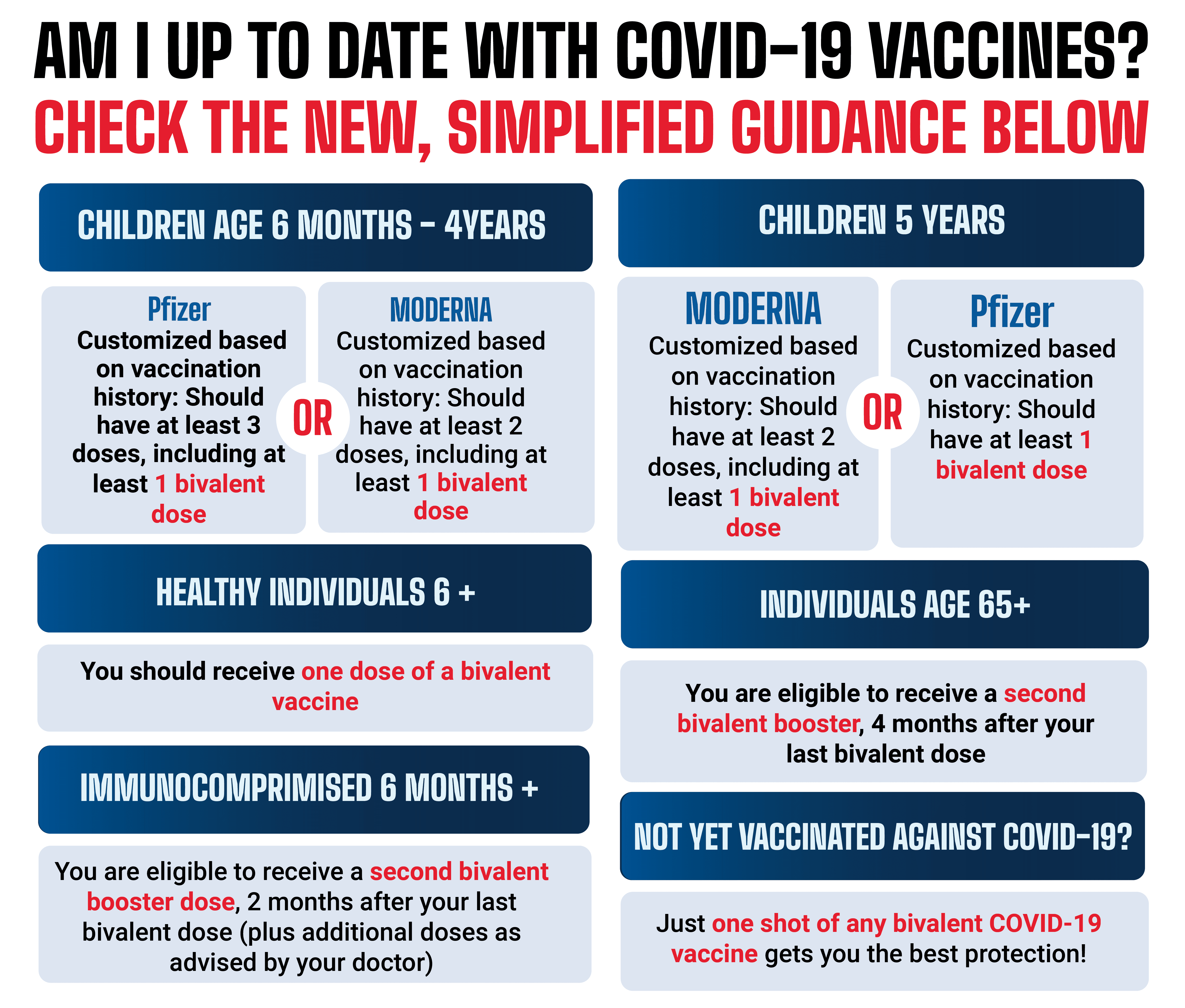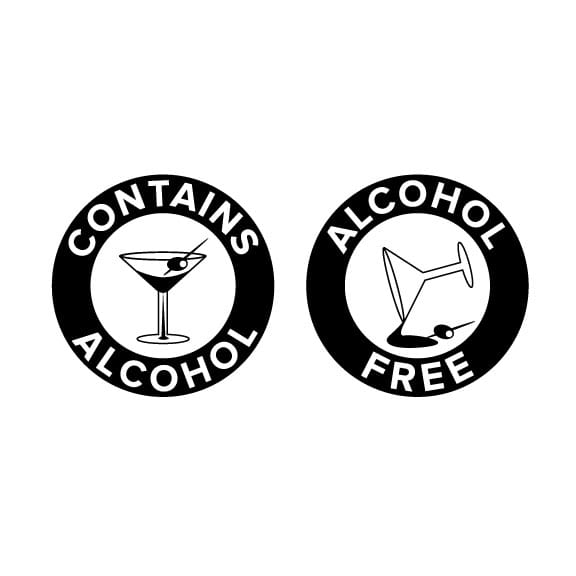On a significant step in the ongoing fight against the COVID-19 pandemic, the U.S. Food and Drug Administration (FDA) announced the approval of Moderna’s new lower-dose vaccine. This formulation marks a noteworthy development within vaccination strategies aimed at increasing accessibility and encouraging broader compliance among the general population.
This latest approval comes amidst a backdrop of fluctuating COVID-19 case numbers and the continuing need for effective vaccination options. The lower-dose vaccine was developed in response to growing evidence that a reduced dose could maintain immune efficacy while enhancing safety profiles, particularly for specific demographics, including adolescents and younger adults. The decision underscores the FDA’s commitment to ensuring that vaccines remain accessible, but also effective in combatting COVID-19 variants that circulate in the community.
The approval process involved a thorough assessment of the vaccine’s safety and efficacy data submitted by Moderna. In clinical trials, participants who received the lower-dose vaccine exhibited comparable immune responses to those who received the traditional higher dose. This led researchers to conclude that the lower dose could provide adequate protection against COVID-19, thereby offering an appealing alternative for individuals hesitant about vaccine side effects that were often associated with higher dosages.
Public health officials have expressed optimism regarding this approval. The introduction of a lower-dose option could significantly boost vaccination rates, particularly in populations that have been reluctant to receive the vaccine due to concerns around dosage and potential side effects. Experts anticipate that this development will foster more confidence in the vaccine rollout, as it may alleviate worries about discomfort and adverse reactions.
Moreover, accessibility will be a central focus moving forward. With the new formulation, healthcare providers may find it easier to administer the vaccine to larger groups, rather than being constrained by dosage concerns. This approach could prove crucial in reaching under-vaccinated communities, especially in rural and underserved urban areas where medical resources can be limited. By integrating this lower-dose vaccine into immunization programs, state and local health departments will have an opportunity to engage populations that previously felt overwhelmed or intimidated by the vaccination process.
The approval comes at a pivotal time as health authorities gear up for potential booster campaigns in preparation for the upcoming winter season. As respiratory viruses tend to circulate more widely during colder months, the focus on vaccination is particularly critical. The lower-dose vaccine could serve as an effective tool in ensuring that a larger percentage of the population is protected going into these months, especially for those at risk of severe illness.
Furthermore, the approval may also stimulate interest in research and development for future vaccine innovations. Learning from the efficacy of the lower-dose vaccine could encourage scientists to explore similar formulations for other immunizations, potentially leading to a broader range of anti-viral vaccines with tailored dosages designed to maximize public uptake and minimize side effects.
In conclusion, the FDA’s approval of Moderna’s lower-dose COVID-19 vaccine is a step towards enhancing public health efforts in combating the ongoing pandemic. By improving vaccine accessibility and fostering greater community participation, this new formulation has the potential to reshape vaccination strategies significantly. As the world continues to grapple with the fallout of COVID-19, the expansion of vaccination options provides a hopeful avenue toward achieving herd immunity and diminishing the virus’s impact on society. Continued research and ongoing public health campaigns will be essential in ensuring the successful integration of this new vaccine into existing immunization frameworks, ultimately benefiting population health on a larger scale.


